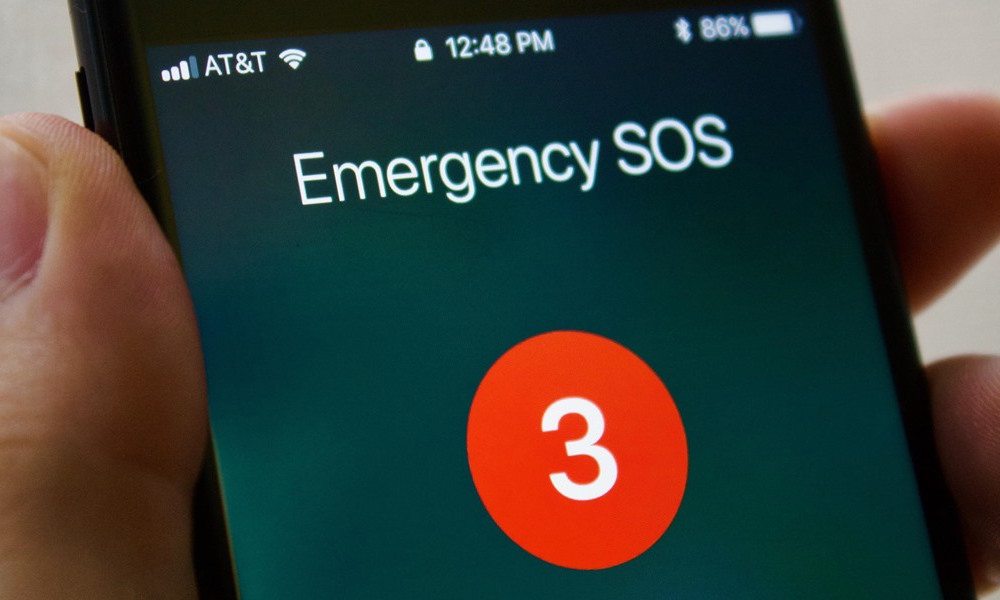Advocacy Group Urges Apple to Activate Lifesaving iPhone Feature

Toggle Dark Mode
Apple is reportedly ignoring requests to activate an emergency feature within iOS that could save lives. The feature in question is called Advanced Mobile Location (AML), and it would give emergency personnel and first responders extremely accurate location data from emergency calls made via iPhone devices. When enabled, AML has been shown to dramatically reduce response times.
Now, the European Emergency Number Association — a non-government advocacy organization — is putting pressure on Apple to activate AML functionality in their devices. In a recent press release, the EENA said that they had attempted to establish contact with Apple concerning the emergency feature for months — “Unfortunately, with no result,” the group added.
Google, on the other hand, has already implemented AML technology in all Android smartphones as of June 2016. According to the EENA’s data, that additional functionality is already saving lives across Europe and the world. As opposed to Apple, the organization praised Google’s “quick response” and implementation of the AML technology.
How Does AML Work?
When AML is activated in a device, it provides extremely accurate location data to first responders in a seamless fashion. A user won’t have to fiddle with extra apps or features — the process happens automatically. It works like this: operating systems running AML will detect when emergency calls are being made, and will automatically turn on global satellite navigation and Wi-Fi. The device then sends an SMS to emergency services with the location data, allowing for results that are 4,000 times more accurate than current tracking systems.
But despite its lifesaving abilities, Apple has apparently shown little interest in activating the tech on their products. That’s despite Apple’s other efforts to improve customer safety — the EENA themselves also commended Apple for the Apple Watch’s SOS functionality, and called recent news of a “panic command” iPhone feature a “step in the right direction.” But AML, an effective and easy tech to implement, has yet to be deployed. According to the Association, that puts iPhone owners at a “disadvantage” in an emergency.
“EENA calls on Apple to integrate Advanced Mobile Location in their smartphones for the safety of their customers,” the organization added. “It is important to highlight once again that AML is an open-source protocol … and any smartphone manufacturer or operating system provider can integrate it in their products.”
It’s not just the advocacy group, either. Emergency services and government entities in countries like Australia, Estonia, Sweden and Belgium are also stressing the need for all handsets to be equipped with AML tech. “To increase the number of people who can benefit from it, we should make sure that it works on all smartphones,” European Parliament Member Kaja Kallas said.
Android and iOS respectively represent about 70.8 percent and 26 percent of mobile OS marketshare in Europe, the EENA’s Petros Kremonas told The Next Web. “AML being integrated in both translates to a percentage of 96.8 percent [of people] benefitting from it.”






